X: @the_news_21
West Bengal Chief Minister Mamata Banerjee launched a scathing attack on the Bharatiya Janata Party (BJP) following the arrest of Delhi Chief Minister Arvind Kejriwal by the Enforcement Directorate (ED). Banerjee denounced the move as “a blatant assault on democracy,” highlighting growing concerns over the alleged targeting of opposition leaders.
Expressing outrage over the arrest, Banerjee criticized the selective action against elected opposition leaders while individuals facing investigations by central agencies are allowed to operate freely, especially after aligning with the BJP. Taking to X, formerly known as Twitter, Banerjee, who also heads the Trinamool Congress, condemned the perceived abuse of power.
Arvind Kejriwal’s arrest in connection with a money laundering case related to alleged irregularities in the scrapped Delhi excise policy sparked immediate backlash from various quarters of the opposition. Leaders from different political parties voiced their condemnation of what they deemed as political vendetta orchestrated by the Centre and the BJP.
Priyanka Gandhi, Congress leader, denounced the targeting of Kejriwal, labeling it as unconstitutional and detrimental to the democratic fabric of the nation. She emphasized the need to uphold the dignity of political discourse and urged against the politicization of law enforcement agencies for electoral gains.
Similarly, veteran politician Sharad Pawar criticized the “vindictive misuse” of central agencies to target opposition figures, warning against the erosion of democratic principles. Rahul Gandhi, Congress MP, vowed a strong response from the INDIA alliance, condemning what he perceived as the BJP’s relentless pursuit of power through undemocratic means.
Tamil Nadu Chief Minister and DMK chief MK Stalin echoed these sentiments, denouncing the arrest as a “witch-hunt” and warning the BJP to brace for the repercussions of its actions. The collective outcry from opposition leaders underscores the gravity of the situation and the broader implications for democratic norms and institutions.
Arvind Kejriwal’s arrest comes amid heightened political tensions and accusations of the misuse of state machinery ahead of crucial elections. As the controversy unfolds, it reignites debates surrounding the autonomy of law enforcement agencies and the need for safeguarding democratic values.
Despite Kejriwal’s repeated summons and the Delhi High Court’s refusal to grant him protection from arrest, questions linger regarding the timing and motives behind the ED’s actions. The unfolding events serve as a stark reminder of the challenges facing India’s democratic institutions and the imperative of upholding the rule of law in the face of political upheaval.

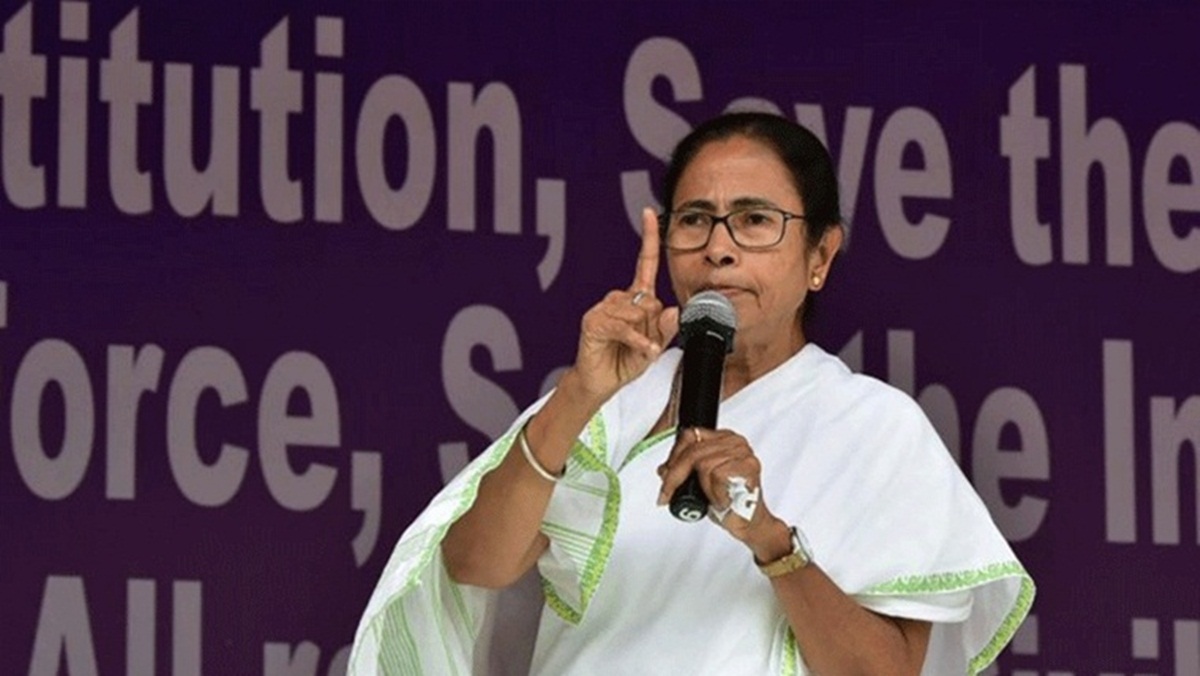
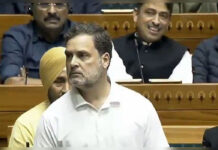
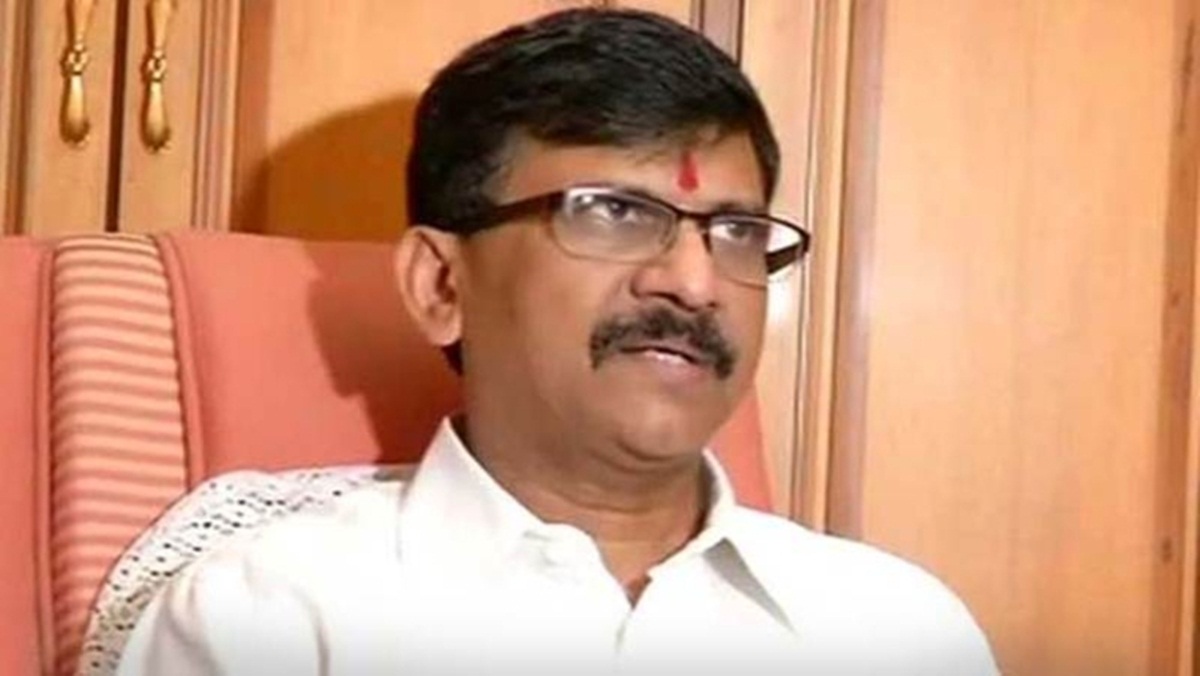
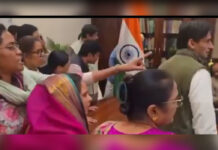

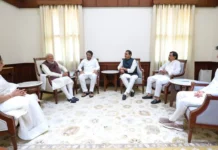

clomiphene generico buying clomiphene without prescription buying cheap clomid without dr prescription clomiphene without insurance can you get generic clomiphene pills buy clomiphene tablets where to buy clomid tablets
More posts like this would force the blogosphere more useful.
I am in point of fact happy to coup d’oeil at this blog posts which consists of tons of profitable facts, thanks representing providing such data.
azithromycin 250mg for sale – order tindamax oral metronidazole
rybelsus 14mg generic – buy semaglutide online cheap buy cyproheptadine 4mg generic
buy cheap domperidone – buy tetracycline online cheap order flexeril 15mg without prescription
buy augmentin 625mg for sale – https://atbioinfo.com/ ampicillin price
oral nexium 20mg – anexamate.com order esomeprazole sale
coumadin 2mg sale – cou mamide buy cozaar sale
buy mobic sale – https://moboxsin.com/ purchase meloxicam pill
generic prednisone – apreplson.com buy prednisone generic
cheapest ed pills online – buy ed pills fda best ed pills non prescription uk
cenforce 100mg uk – https://cenforcers.com/# cenforce 100mg without prescription
what to do when cialis stops working – on this site cialis for pulmonary hypertension
maxim peptide tadalafil citrate – https://strongtadafl.com/ cialis daily review
buy viagra from canada online – cheap viagra new zealand how to buy viagra in canada
I am in point of fact delighted to coup d’oeil at this blog posts which consists of tons of useful facts, thanks representing providing such data. nolvadex generic
Greetings! Extremely useful advice within this article! It’s the crumb changes which wish make the largest changes. Thanks a quantity quest of sharing! https://buyfastonl.com/
Thanks on sharing. It’s first quality. https://ursxdol.com/augmentin-amoxiclav-pill/
Greetings! Jolly productive suggestion within this article! It’s the little changes which will espy the largest changes. Thanks a lot quest of sharing! https://prohnrg.com/product/orlistat-pills-di/
I am in fact thrilled to glitter at this blog posts which consists of tons of useful facts, thanks towards providing such data. cenforce pour femme
I am actually enchant‚e ‘ to glance at this blog posts which consists of tons of of use facts, thanks towards providing such data. https://ondactone.com/spironolactone/
The vividness in this tune is exceptional.
https://doxycyclinege.com/pro/sumatriptan/
The vividness in this tune is exceptional. http://zqykj.com/bbs/home.php?mod=space&uid=302444
purchase forxiga generic – https://janozin.com/# brand dapagliflozin
xenical without prescription – buy xenical without a prescription orlistat cost
This is the description of serenity I take advantage of reading. https://www.forum-joyingauto.com/member.php?action=profile&uid=49460
You can keep yourself and your ancestors nearby being cautious when buying pharmaceutical online. Some druggist’s websites function legally and put forward convenience, privacy, cost savings and safeguards over the extent of purchasing medicines. buy in TerbinaPharmacy https://terbinafines.com/product/zoloft.html zoloft
More articles like this would pretence of the blogosphere richer. TerbinaPharmacy
This is the stripe of topic I enjoy reading.
利用强大的谷歌蜘蛛池技术,大幅提升网站收录效率与页面抓取频率。谷歌蜘蛛池
Khám phá thế giới giải trí trực tuyến đỉnh cao tại MM88, nơi mang đến những trải nghiệm cá cược thể thao và casino sống động.
best payout online casino real money
online slots tournaments
emerald queen casino tacoma hours
mgm online betting online casino betmgm play betmgm HI